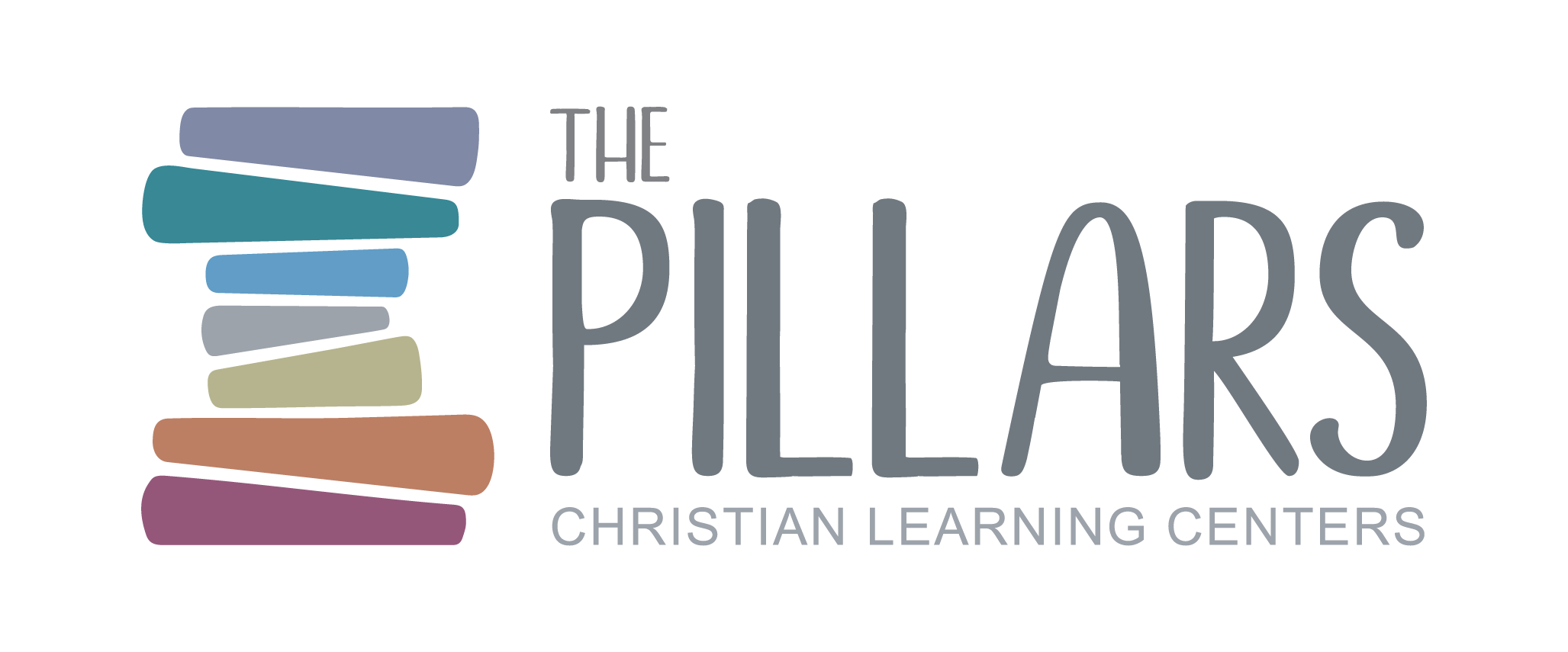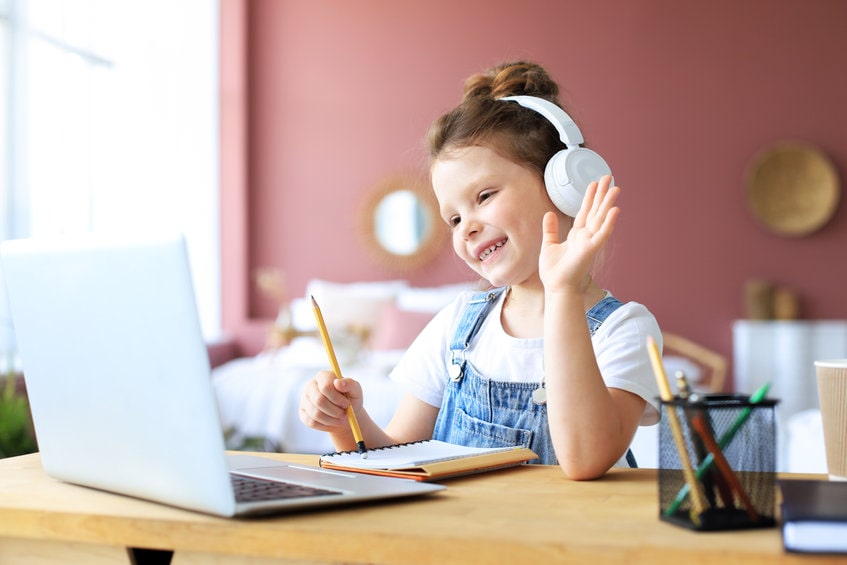As parents, we want our children to succeed and grow up to become happy, healthy adults. Did you know that the early years are also a critical stage when it comes to laying the foundation for your child’s future success?
Learning isn’t just confined to that which occurs within the four walls of a classroom. It also starts at home, and occurs during playtime. Learning is achieved with hands-on experiences that stimulate curiosity and enrich your little one’s problem-solving skills. Learning doesn’t have to be boring or dull. It can be fun and exciting! It’s never too late to help your child become an active and enthusiastic learner. Read on and learn a few tips to help you get started!
Ensure that your child is getting enough sleep
Experts tell us that well-rested children can learn more effectively during their early years as compared with those who don’t get adequate rest. Therefore, it’s vital to ensure that your little one gets plenty of sleep every night. Be mindful of how much sleep children require in order to feel their best, and make adjustments to their bedtime if needed.
It’s essential to establish a consistent bedtime routine, which might include a warm bath, storytime, lullabies, and other relaxing activities. This helps signal to your child that it’s time to wind down and get ready for sleep. Stick to this routine every night so it becomes consistent.
Make learning an enjoyable experience
Children are more effective learners when they are having fun! Make sure you incorporate playtime into your preschooler’s learning activities. Provide toys that boost your little one’s problem-solving skills, like puzzles, shape sorters, blocks, and board games. Let them play and experiment with clay and paint. These types of toys and materials stimulate young children’s senses and encourage them to think creatively and critically. In addition to making their learning experience fun and enjoyable, it can also lay the groundwork to help your little one become a lifelong learner!
Let children explore through hands-on real-world experiences
Providing children with opportunities to explore the world around them is another great way to enhance effective learning. Help your child try hands-on activities both inside and outside your house. These may include a wide variety of activities, such as cleaning up their toys, helping you cook dinner, and even going for a family nature hike over the weekend! If your child loves animals or art, consider visiting a zoo, or check out some museums!
Invite kids to participate in activities that can teach them about their world. These experiences help kids develop effective learning skills, which are vital for various aspects of their growth and development.
Help children discover their own learning style
There’s no such thing as one-size-fits-all when it comes to learning. Every child has a unique learning style. Some kids prefer to take in information visually by viewing images, pictures, and charts. Others learn best by hearing information. It’s important to help children understand their own learning style in order to make learning more effective.
If your little one is more of a visual learner, try to incorporate visuals, such as pictures and charts, into your teaching activities. If your child is more of an auditory learner, consider playing music, reciting poetry, or using storytelling in your approach.
Have fun together
Most importantly, remember to have fun! Learning shouldn’t be all work and no play. Even though your schedule might be hectic, try to carve out time for some fun activities whenever you can. Studies show that effective learning can be enhanced when learners feel relaxed and comfortable, which we often forget when it comes to learning during the early years. Take a break from studying or household chores for a little while and engage in an activity with your little one, like cooking or hiking along a nature trail.
Avoid comparing your child with other kids
Comparing your little one with other kids is unhelpful and can even be discouraging. Doing so can cause children to feel inadequate and may have a negative impact on their self-esteem. Don’t focus on how your child is doing in comparison with other kids. Instead, take time to recognize your own child’s strengths while working to overcome weaknesses. Focus on children’s individual growth and progress, and remember that all kids grow and learn at their own pace.
Teach effective study habits
Helping children develop effective study habits leads to more effective learning throughout their academic years, and will help them succeed in school and beyond. Encourage kids to read books on their own, take time to reflect after completing their lessons or assignments, and review any mistakes so they can improve upon what they’ve learned. These skills are essential when it comes to effective learning and study habits.
Helping children learn effectively is crucial so they are more likely to succeed in school and beyond. Follow these tips to enrich effective learning with your preschoolers.
At The Pillars Christian Learning Center, we strive to empower children by identifying, acknowledging, and appreciating the diverse needs and talents of each child, and helping them understand that they are accepted and valued for their individuality. Contact us to learn more.

